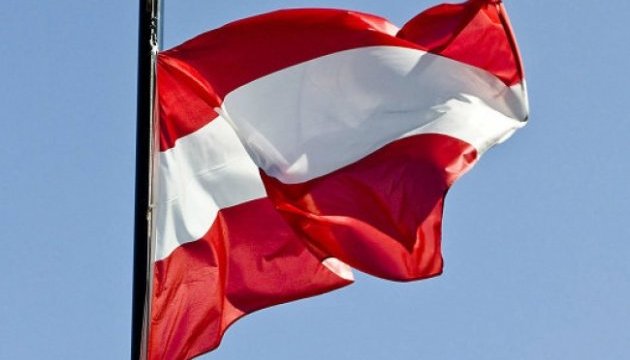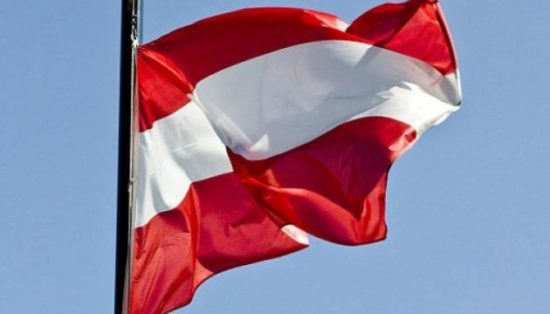
Photo from Ukrinform–UATV
Austria will back out of the Global Compact for Safe, Orderly and Regular Migration, agreed in July by 193 member countries, except for the United States, Reuters reports.
A corresponding official decision will also be adopted at a government meeting today.
“We view some points of the migration pact very critically, such as the mixing up of seeking protection with labor migration,” Austrian Chancellor Sebastian Kurz said in a statement before the government meeting.
Kurz argues that migrants rescued in the Mediterranean should not be brought straight to Europe.
Freedom party head and vice chancellor, Heinz-Christian Strache, said that Austria was concerned that the pact, though non-binding, could lead one day to a recognition of migration as a human right.
“We reject any movement in that direction,” Strache told a news conference.
Hungary withdrew from the negotiations process on the implementation of the pact. Budapest said that it would stick to its rigid migration policy, and “nothing can change this fact.”
Poland, which has also clashed with Brussels by resisting national quotas for asylum seekers, has said it is considering the same step.
The United States President Donald Trump decided to withdraw from the pact last year, stating that it interferes with U.S. sovereignty.
The non-binding pact is scheduled to be signed during the intergovernmental conference between Dec. 10 and 11, in Morocco.
Austria took in roughly one percent of its population in asylum seekers in 2015 during a migration crisis in which more than a million people traveled to Europe, many of them fleeing war and poverty in the Middle East and Africa.
The European Commission has expressed regret at Austria’s decision to back out of the pact.
“We regret the decision that the Austrian government has taken. We continue to believe that migration is a global challenge, where only global solutions and global responsibility sharing will bring results. Austria had played an extremely constructive and key role in the negotiations on the Global Compact on Migration, putting the position of the participating 27 EU member states forward, which is why we find the position today regrettable.”













